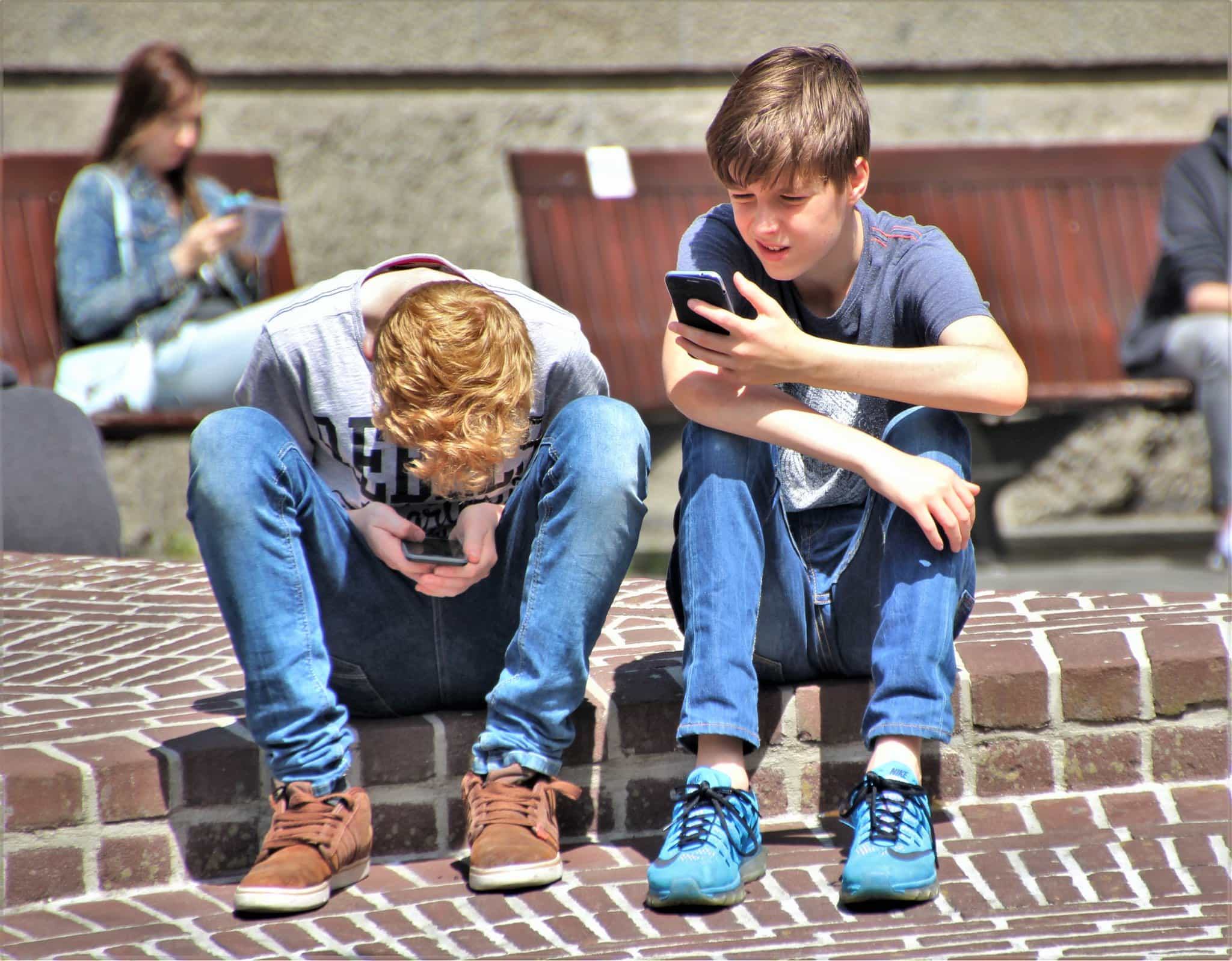Full disclosure: I was not an ideal teenager. In retrospect (and perhaps even at the time), I followed the example of one of my favorite saints, who once prayed: “Grant me chastity… but not yet.”
While I did a lot of things I later came to regret, I also learned a lot and was formed into the person I am today by my activities. Many of these activities would be classified as “adult activities” by a recent study which shows that today’s teenagers are drinking less, dating less, driving less, working less, going out less and having less sex.
Some have chalked this up to today’s teens (iGen) being more boring or developmentally years behind prior generations, but most commentators have avoided passing judgment – good or bad – on the trends. At first glance, it seems like a mixed bag. Drinking and sex are best delayed until the proper situations in adulthood, so there is good news there. But the decline in activities like dating, driving and going out seems to point to a lack of social development.
So what exactly are teens doing with their free time? The main author of the study, Jean Twenge, recently answered that question: They are at home on their phones. She linked this phenomenon to rising teen depression and suicide rates, and called it “the worst mental-health crisis in decades”. As Twenge observes, it’s not that adolescents are spending their time on homework or extracurriculars. Rather, whereas previous generations had to go out and spend time physically together, youths today interact socially through their phones or tablets. Twenge notes that screen-time has dramatically increased over recent years despite being empirically linked to greater unhappiness.
This leads me to a simple observation: BODIES ARE IMPORTANT! With the ease of texting and Snapchatting, we can all have more social interactions from the comfort of our own homes. But these can never be a legitimate substitute for real-life interactions which require our physical presence. We were made to interact bodily with each other.
In this vein, the original study points out that despite the delays in social and mental development, adolescents are developing earlier physically, i.e. hitting puberty at a younger age. This leads to a strange situation: “Adolescents today thus look like adults when they are chronologically younger but act like adults when they are chronologically older.” Our bodies ought not dictate when we choose to engage in adult activities but physiological development is a valuable point of guidance for social and mental development.1
The advent of the internet/smartphone world is not solely to blame for the delayed development of recent generations. Twenge and her co-author Heejung Park point to two important factors in the home: affluence and parental investment. As families become richer, there is less need (or opportunity) for a kid to fend on their own or seek stability in independence. Furthermore, as parents have fewer children, the investment in each child is higher or there is, “in the parlance of our times, more ‘helicopter parenting.’”
Looking back at my own adolescence, I am grateful for the freedom and sense of responsibility my parents bestowed on me. I value greatly my time working as a pizza delivery driver or a beach scummer.2 I am at least comfortable handling a car and I hope I am reasonably well-adjusted socially (my brother Jesuits can beg to differ in the comments). Despite my mistakes and misdeeds, I can’t imagine my teenaged years without the “adult activities”.
***
Photo courtesy FlickrCC user Skinny Casual Lover.
- I recommend the book The Defining Decade: Why Your Twenties Matter and How to Make the Most of Them Now on this point. Meg Jay writes about making important “adult” decisions while your brain is still plastic and can learn more easily. ↩
- Colloquial term for a temporary municipal employee who clears the beach of trash before it opens. ↩


